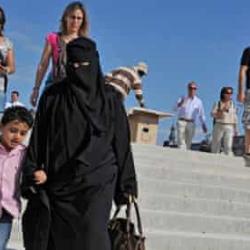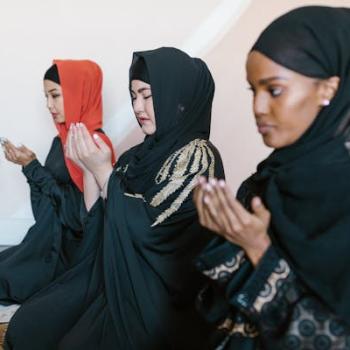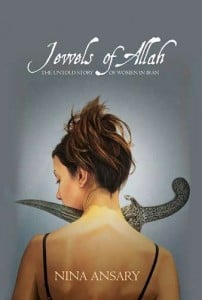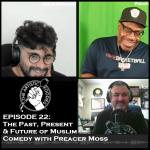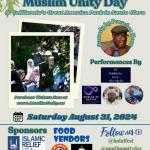An article recently published in Bekhsoos magazine is a jarring and honest reflection of a young trans man’s experience with being a veiled woman (prior to identifying as trans) and a queer member of the feminist activist community. His reflections on having worn the veil in feminist spaces echo those of Muslim women who choose to outwardly express their faith experience; it seems as though when a Muslim woman joins an activist circle that isn’t related to justice in South Asia or the Middle East, there is a high probability she’ll encounter attitudes that make the concept of staying within these activist circles incredibly unappealing. In my own personal involvement within the activist community, I experienced a great deal of what Abdo al RaQuissa did when I expressed my faith – alienation, exotification, and a feeling of frustration. RaQuissa’s experience with the LGBT community in particular must have been especially frustrating, given the alienation that many Muslims face within their own communities when they are not heterosexual. Islamophobia within the queer community is not a unique thing, and the discrimination many Muslims will face from both sides is disheartening. Going back to the activist community as a whole, this attitude is also not uncommon within Western feminist circles as well, and RaQuissa’s criticisms of what he put up with are unfortunately the reality for many Muslim women and trans people who choose to make their faith a part of their everyday life, including their activism.
There are a couple kinds of resistance that I have been exposed to within activist communities when people find out I am Muslim, and they range from “polite” Islamophobia to outright hostility. RaQuissa seems to experience both of these issues in his article: being blatantly told by non-Muslims that his lifestyle and beliefs are contrary to Islam, and being tokenized and glamorized when wearing the veil. It seems that many people outside the faith like to tell Muslims what they’re supposed to believe and how they are supposed to act, just as much as people within the faith do. It is incredibly difficult to navigate and push through the issues at large and be in cohesion with the rest of your community when your own personal beliefs are being questioned, even though you have never expressed any sort of incompatibility with the goals of that group. RaQuissa puts it perfectly when he says:
I’m tired of you my fellow feminists because of your Islamophobia. Your bigotry has turned me into an islamist with no faith and no spirituality. I’m tired of the weight on my shoulder for being a veiled queer woman that was not oppressed by her veil or her parents but was simply oppressed by ideas and the restrictions you put on me; where I had to love my veil just for it to be in the face of all the ideologies that say: “veils oppressed women.”
It is incredibly disheartening when people find themselves so pigeonholed in their ideologies by other people that they cannot see themselves being a part of a community whose cause they once thoroughly believed in. This article comes three years after the author wrote about feeling happy and proud to be Muslim and queer, and it is clear that three years within the activist community has embittered him.
The experience of the Muslim feminist is of course by no means a monolith, but I do not think that the experiences mentioned here are entirely unique, either. Has anyone else experienced these problems within the activist communities they are a part of? How did you deal with it?


